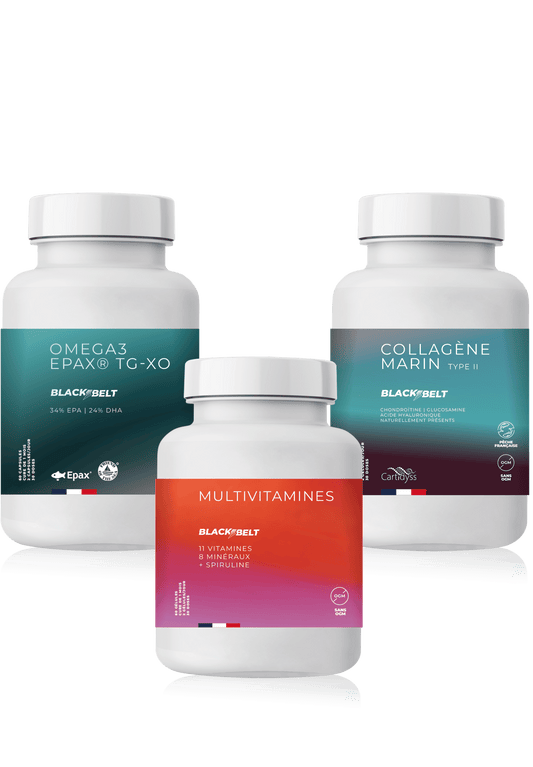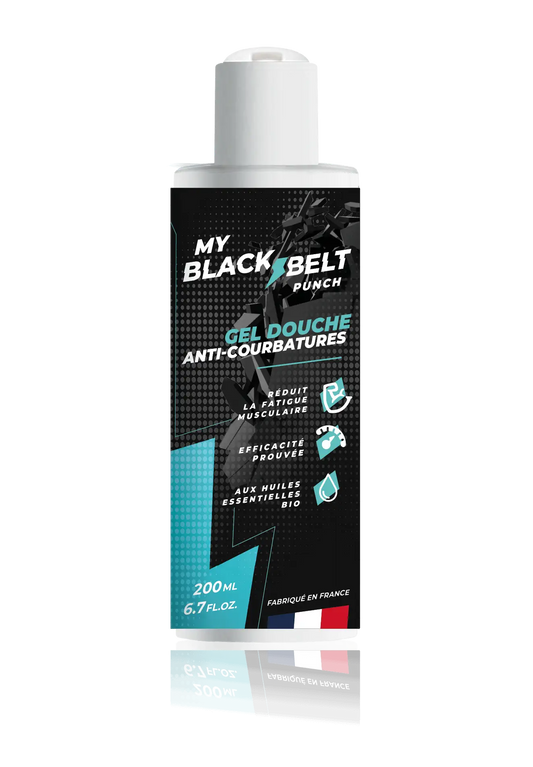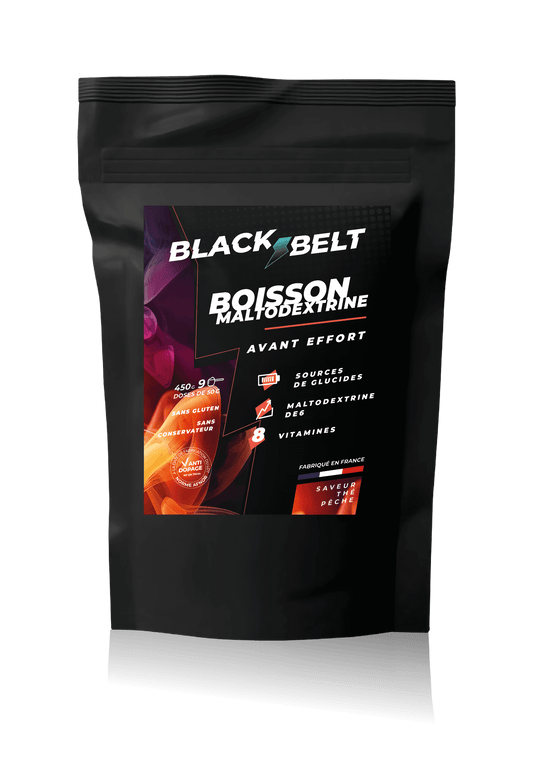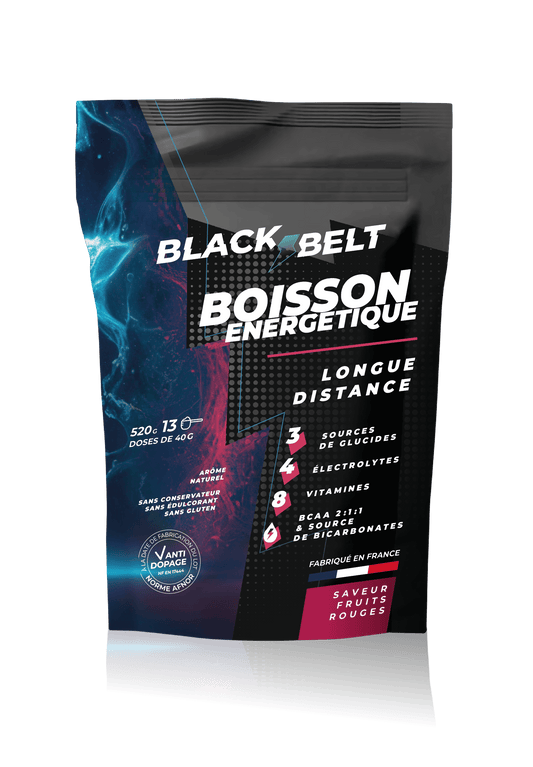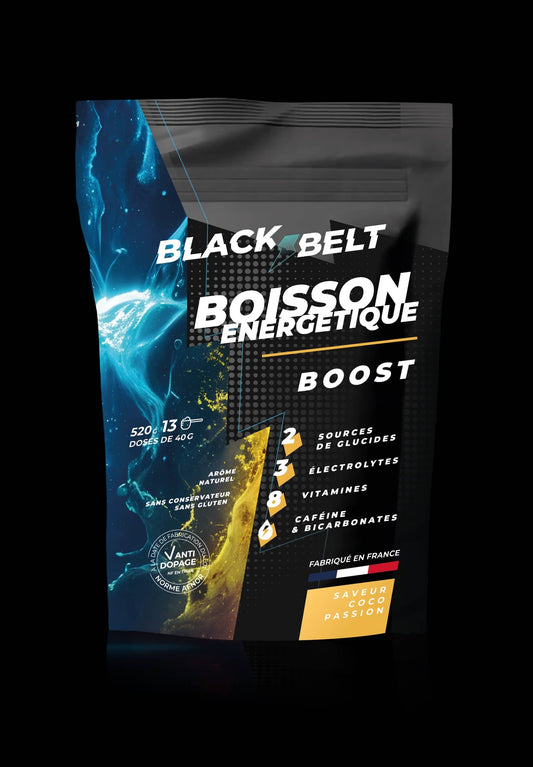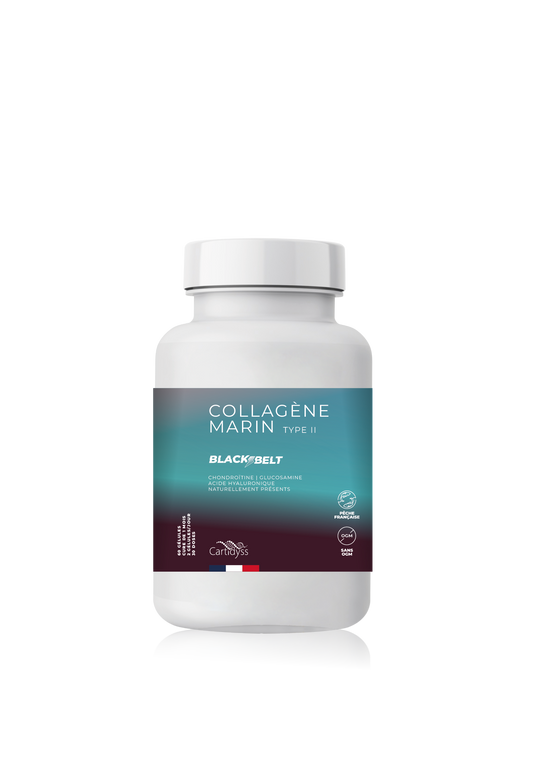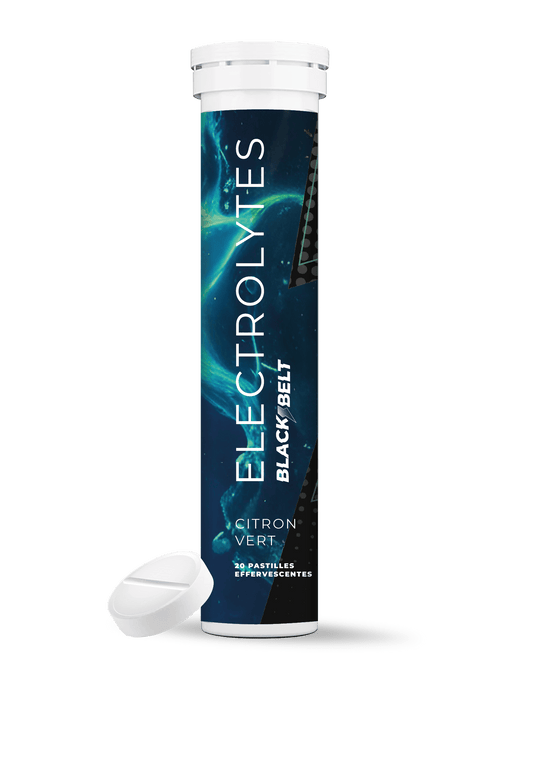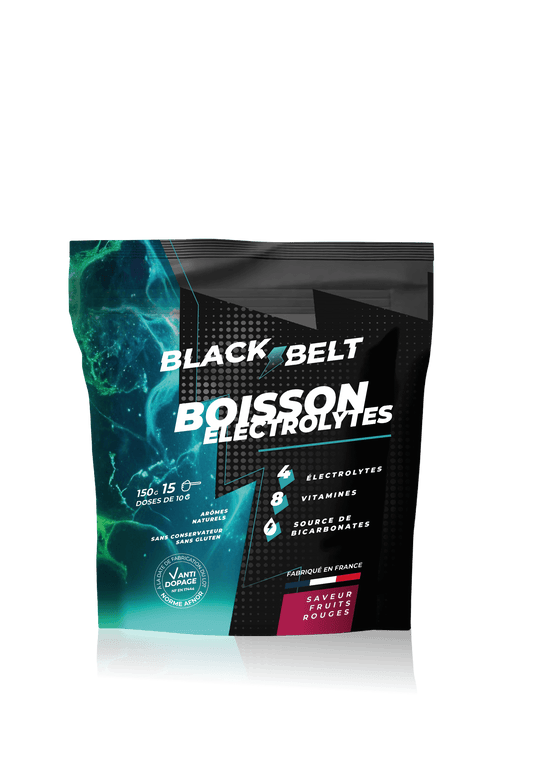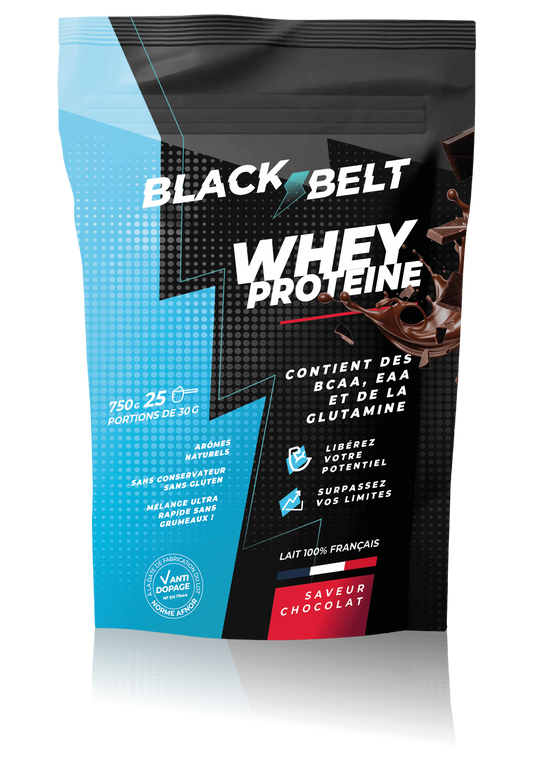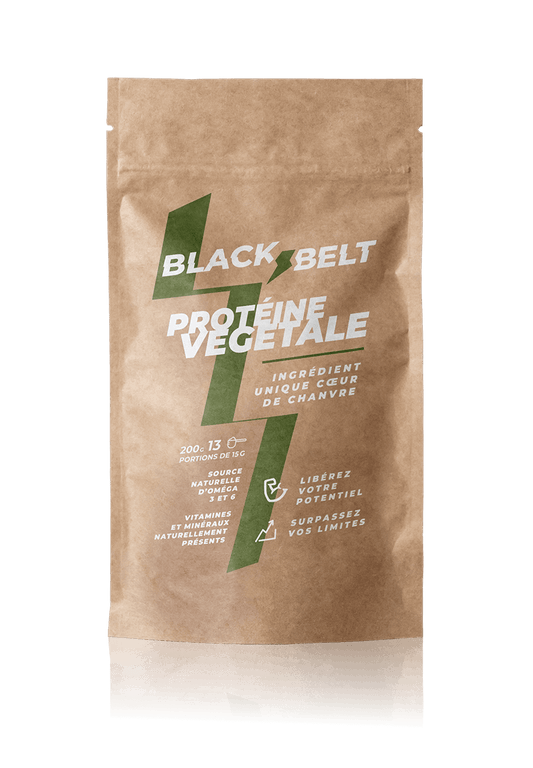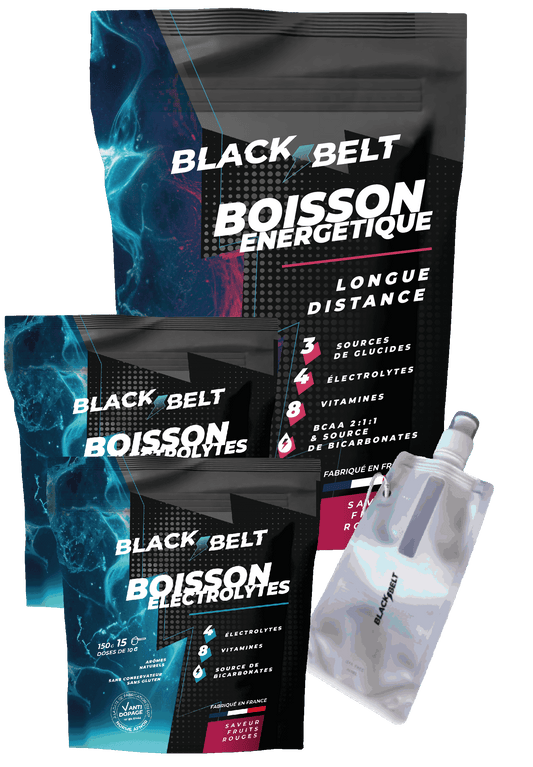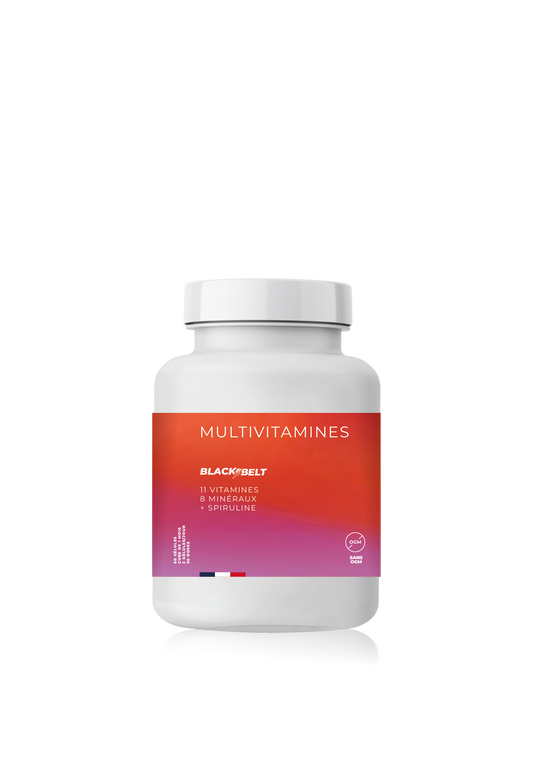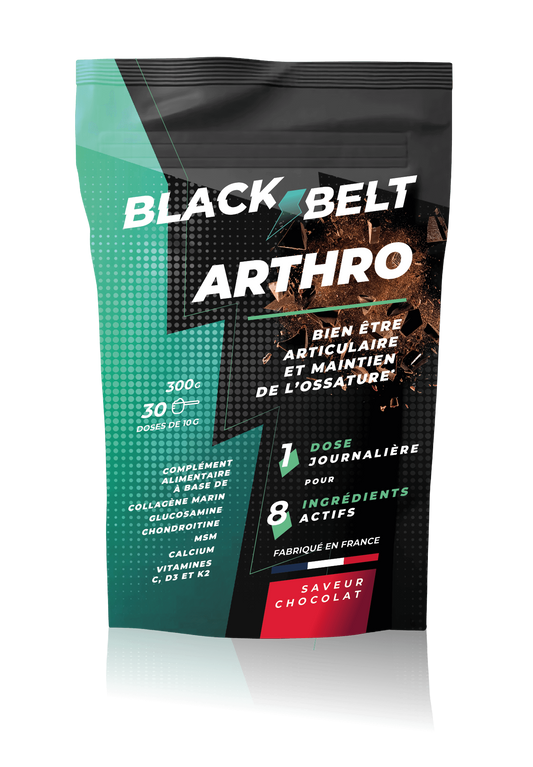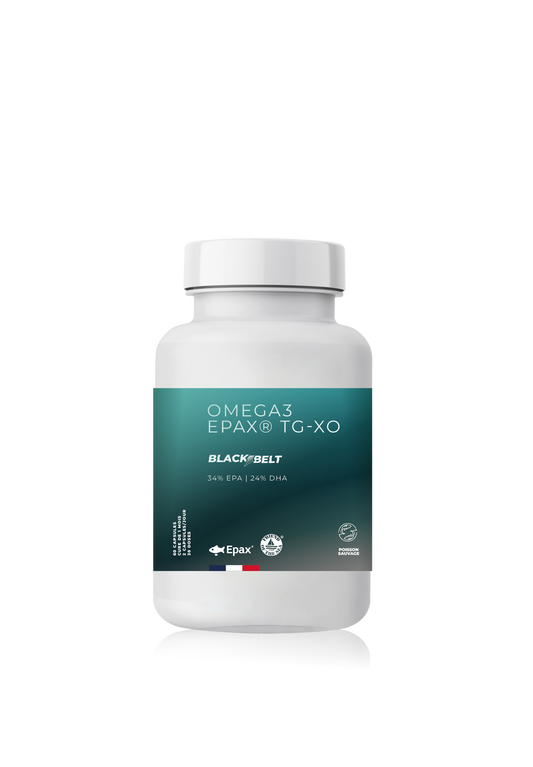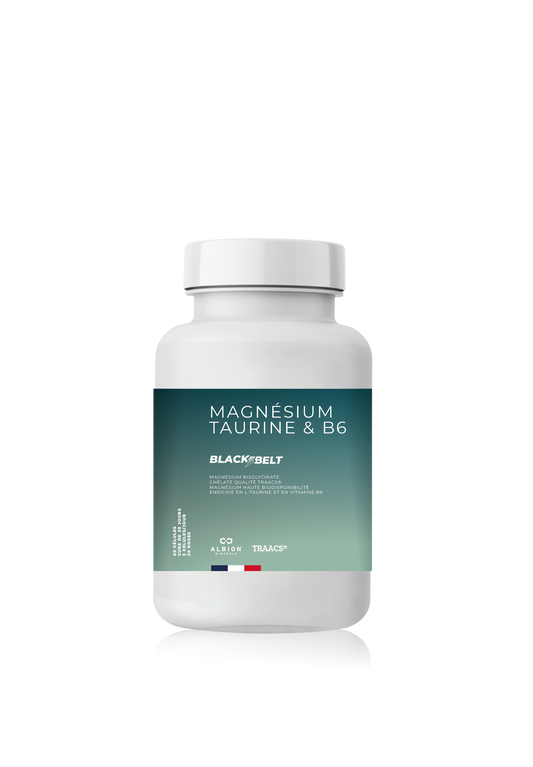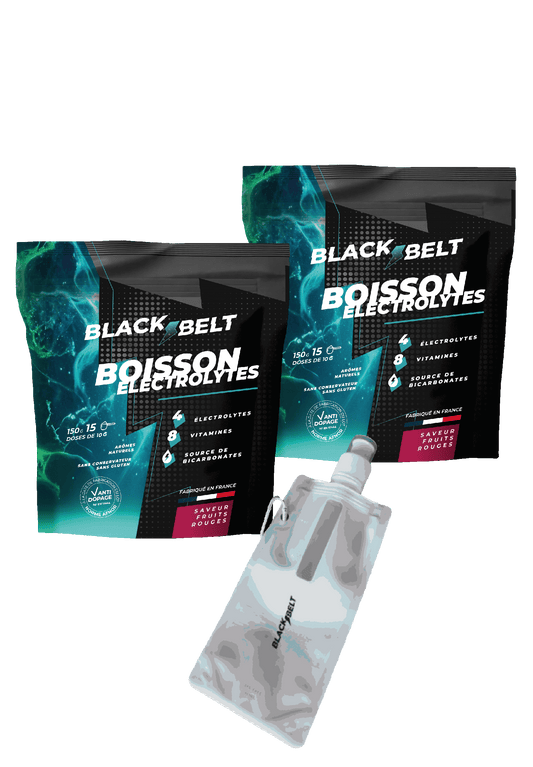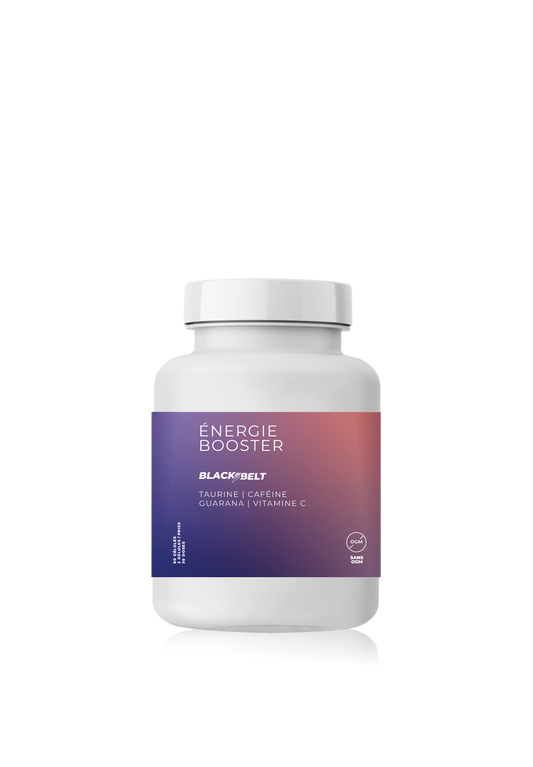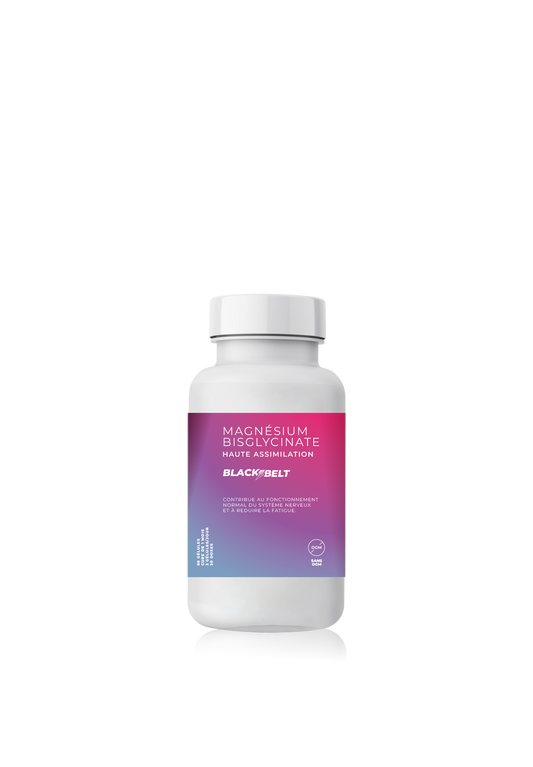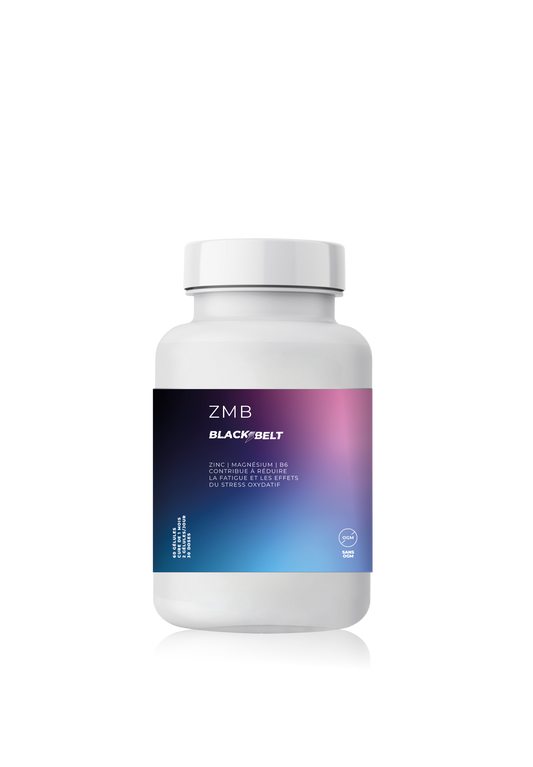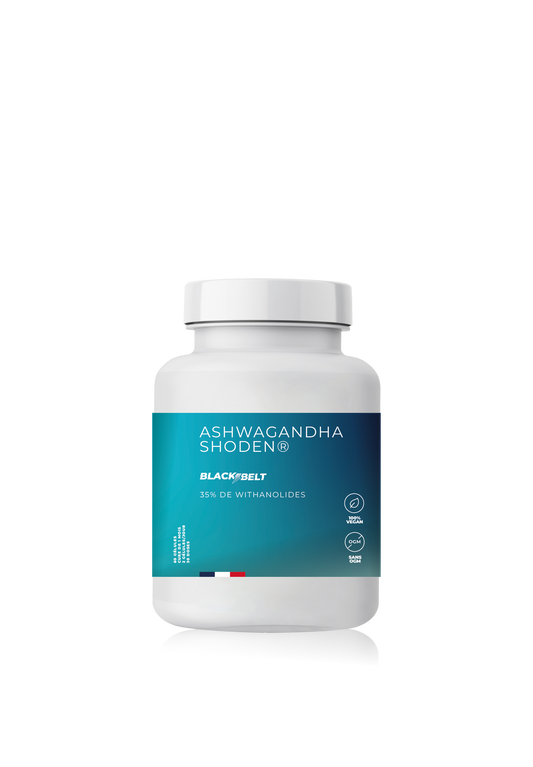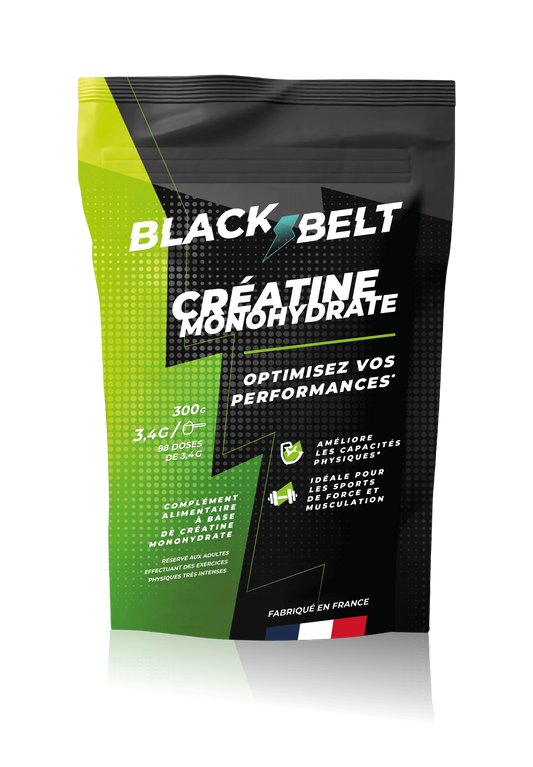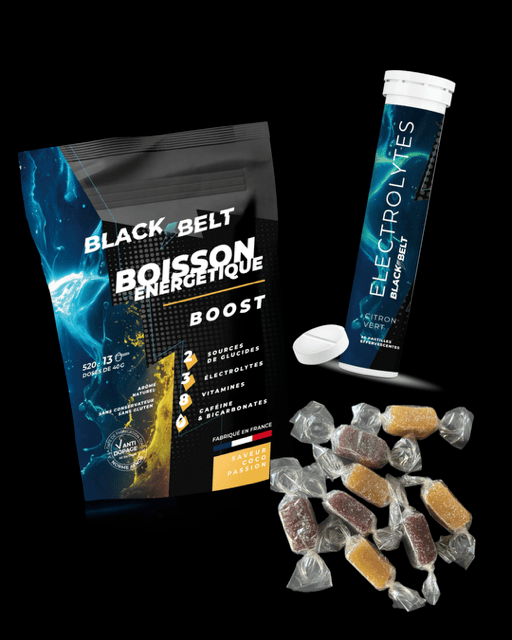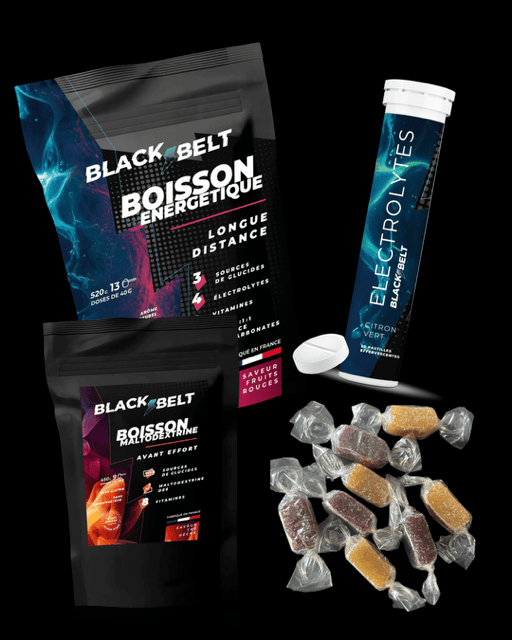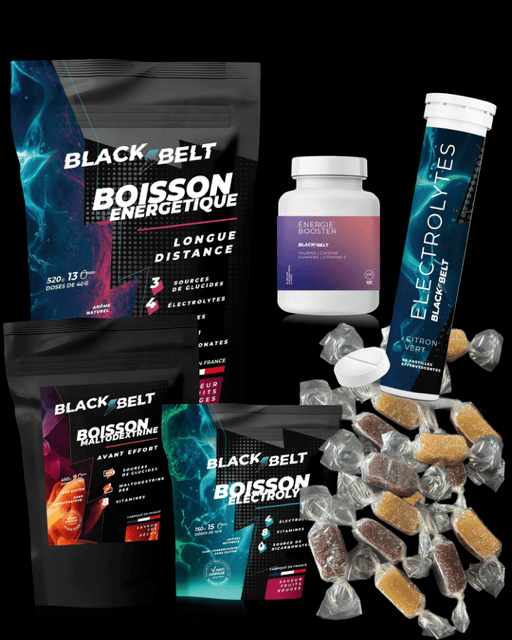
Share
Creatine: Definition, Benefits, and Is It Right for You?
Creatine is one of the most popular supplements in the world of fitness and bodybuilding.
However, many people don't really understand what it is, why they should take it, and whether it's right for them.
In this article, we'll demystify creatine, explore its benefits, and determine if this supplement is right for you.
What is creatine?
Creatine is a natural compound found in muscles and nerve cells.
It is mainly produced by the liver, kidneys and pancreas from the amino acids arginine, glycine and methionine.
It is also found in certain foods, including red meat and fish.
How does creatine work?
Creatine plays a crucial role in the production of ATP (adenosine triphosphate), the primary energy source for muscle cells.
During short, intense efforts, such as sprinting or lifting weights, ATP is rapidly depleted.
Creatine helps replenish ATP levels, allowing muscles to continue functioning at high intensity.
Why take creatine?
Taking creatine as a supplement may offer several benefits:
Increased strength and power
Numerous studies show that creatine can improve strength, power, and athletic performance, especially during high-intensity exercise.
Improvement of muscle mass
Creatine promotes muscle protein synthesis, which can lead to increased muscle mass.
It also helps retain water in muscle cells, which can make muscles look bigger.
Accelerated recovery
By improving ATP replenishment, creatine can help reduce fatigue and promote faster recovery after intense workouts.
Improved cognitive performance
Some research suggests that creatine may also benefit cognitive function by improving energy levels in the brain.

Is creatine right for me?
Although creatine is widely beneficial, it is not essentially suitable for everyone.
Here are some points to consider when determining if creatine is right for you:
Your goals
If you're looking to increase your strength, power, and muscle mass, creatine can be a great addition to your routine.
However, if your goals are more endurance-oriented, such as long-distance running, creatine may be less beneficial.
Your diet
People following vegetarian or vegan diets may benefit more from creatine supplementation, as they generally consume less creatine from their diet.
Potential side effects
Creatine is generally considered safe, but it can cause minor side effects like bloating or muscle cramps. Consider adding electrolytes to your drinks if you're prone to cramps.
It is important to follow recommended dosages and consult a healthcare professional if you have any concerns.
Your General Health
People with kidney problems or other medical conditions should consult their doctor before taking creatine.
How to take creatine?
The most common way to take creatine is in the form of creatine monohydrate powder like the one made by Blackbelt.
The standard dose is 3 to 5 grams per day.
Some people prefer an initial loading phase of 20 grams per day for 5 to 7 days, followed by a maintenance dose of 3 to 5 grams per day.
It is important to stay well hydrated throughout creatine use.
Conclusion
Creatine is a proven supplement that can offer many benefits for athletes and fitness enthusiasts.
By improving strength, power, muscle mass and recovery, it can be a valuable tool in achieving your fitness goals.
However, as with any supplement, it is crucial to use it judiciously and consider your own needs and health conditions.
To learn more about creatine and other supplements, as well as fitness and nutrition tips, continue exploring our blog.
Your journey to better fitness starts here!








